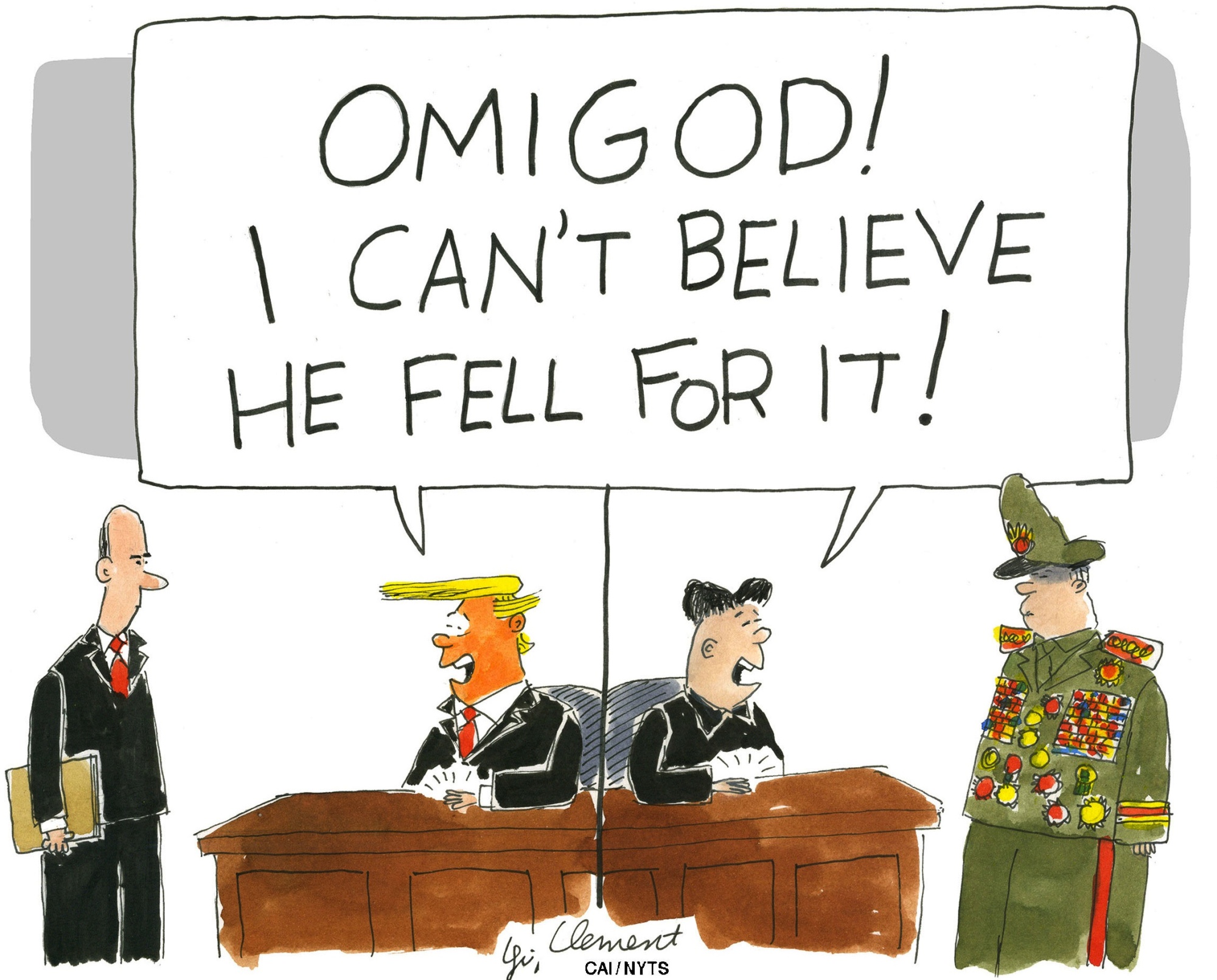Donald Trump has unexpectedly agreed to become the first sitting U.S. president to meet with a leader of North Korea. The reaction has ranged from cautious optimism to warnings about the inexperience of the Trump administration to flat-out criticism. The criticisms are easily dispelled.
One objection is Trump will "legitimize" North Korea. However, Washington already recognizes North Korea as a nation state. The United States has negotiated with Pyongyang over almost seven decades, from talks at the Demilitarized Zone to meetings among diplomats in third countries and at the United Nations, to a visit to Pyongyang by the secretary of state in 2000, to quasi-diplomatic visits by then-former presidents Bill Clinton and Jimmy Carter.
Meanwhile, the Kim family, with successions from grandfather to father to son, has ruled the nation from its founding, surviving war, sanctions, famine, natural disasters, and the fall of their patron, the Soviet Union. Kim is worshiped by his own people as a god, while outsiders have long-formed their opinions about him; he has no need for a propaganda coup. America has negotiated with, and even supported, evil dictators before. North Korea is already a nuclear power, whether anyone likes that or not. The criteria for "legitimacy" appear long met with or without Trump.



















With your current subscription plan you can comment on stories. However, before writing your first comment, please create a display name in the Profile section of your subscriber account page.